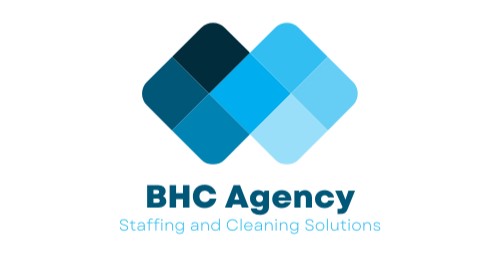Healthcare companies operate in a rapidly changing environment, where trends and challenges in healthcare staffing can significantly impact their ability to provide quality care.
In addition, they also have a significant impact on healthcare businesses. According to a PwC survey, 67% of healthcare CEOs stated that labour and skills shortages would greatly affect profitability in the next 10 years, surpassing the global average of 52%.
From the shortage of healthcare professionals to emerging technologies, staying ahead of the curve is crucial for successful staffing strategies.
In this blog post, we will discuss some of the key trends and challenges in healthcare staffing and provide insights to help healthcare companies navigate this evolving landscape.
Challenges, trends and solutions
Growing Demand for Healthcare Professionals
The demand for healthcare professionals continues to rise, driven by factors such as population growth, ageing demographics, and increasing healthcare needs, according to a report by the Economic and Social Research Institute (ERSI). The report also points out that an additional 15,000 healthcare workers will be needed by 2035.
In this scenario, healthcare companies face the challenge of attracting and retaining qualified professionals to meet this growing demand.
To address this challenge, healthcare companies should focus on developing comprehensive recruitment strategies.
This includes leveraging online platforms, social media, and professional networks to reach a wider pool of candidates.
Offering competitive compensation packages, signing bonuses, flexible work arrangements, and robust professional development opportunities can also help attract and retain top talent.
Shortage of Specialized Skills
As healthcare becomes more specialized, healthcare companies face a shortage of professionals with specialized skills and expertise. This shortage is particularly evident in areas such as nursing, radiology, and specialized surgical fields.
Therefore, healthcare companies can address this challenge by partnering with educational institutions and professional organisations to develop targeted training programs.
Offering tuition reimbursement, sponsorship for advanced certifications, and specialized career advancement opportunities can also incentivise professionals to develop the necessary skills and fill these critical roles.
Integration of Technology and Digital Transformation
Advancements in technology have transformed healthcare delivery, with electronic health records (EHRs), telehealth, and artificial intelligence (AI) playing prominent roles.
However, integrating these technologies into existing workflows can be complex and requires healthcare companies to have a technologically proficient workforce.
Therefore, healthcare companies should invest in training programs to ensure their staff is equipped with the necessary digital skills. Offering continuous education and support for technology adoption can help employees embrace new systems and workflows.
Collaboration with technology vendors to customize solutions to the company’s needs and streamline processes is also essential for successful technology integration.
Embracing Remote and Virtual Work
The COVID-19 pandemic has accelerated the adoption of remote work and telehealth in healthcare. Healthcare companies now face the challenge of effectively managing and staffing remote teams while ensuring the delivery of quality care.
Implementing remote work policies and providing the necessary infrastructure and technology support can enable healthcare companies to tap into a larger talent pool and offer flexible work options.
Ensuring robust communication and collaboration platforms and implementing telehealth solutions can facilitate remote patient care and improve overall efficiency.
Workforce Diversity and Inclusion
Creating a diverse and inclusive workforce is critical for healthcare companies to provide culturally competent care and foster innovation. However, achieving diversity and inclusion remains a challenge in the healthcare industry.
Healthcare companies should prioritize diversity and inclusion in their hiring practices and actively seek candidates from underrepresented groups.
Establishing employee resource groups, offering unconscious bias training, and creating mentorship programs can help foster an inclusive work environment and promote career advancement opportunities for all employees.
Finding the right partner for healthcare staffing solutions
Healthcare companies must navigate various trends and challenges in staffing to ensure they have a skilled and diverse workforce capable of meeting the evolving healthcare needs of their patients.
The solutions for those challenges are available, however, the implementation can be a laborious task. That is when partnering with the right staffing agency comes to hand. That way, businesses can simplify and optimize their recruitment efforts.
Conclusion
By adopting proactive recruitment strategies, embracing technological advancements, and promoting diversity and inclusion, healthcare companies can position themselves as leaders in the industry while providing high-quality care to their communities.
Success lies in understanding these trends, implementing effective solutions, and continuously adapting to the changing landscape of healthcare staffing.

